Adani Gagged? Court’s Interim Ban on Journalists
• Delhi Court Blocks Adani Critics in Defamation Row
• Adani Wins Court Order, Gets “Defamatory” Content Pulled
Unmesh Gujarathi
Sprouts News Exclusive
Contact: +91 9322755098
- Adani Gagged? Court’s Interim Ban on Journalists
- • Delhi Court Blocks Adani Critics in Defamation Row
- • Adani Wins Court Order, Gets “Defamatory” Content Pulled
- Delhi Court Grants Adani Group Injunction, Restrains Journalists and Websites from Publishing “Defamatory” Content
- Court Cites Risk of Irreparable Harm and Media Trial
- Adani Group Alleges “Agenda-Driven” Campaign and Financial Damage
- Court Directs Content Removal and Cites IT Rules Compliance
- Legal Representation and Ongoing Scrutiny
A Delhi court issued an interim injunction, restraining journalists and websites like Adani Watch from publishing content it deemed defamatory against the Adani Group. The court cited a prima facie case and risk of irreparable harm, ordering the removal of disputed material under IT Rules 2021.
Click Here To Download the News Attachment
Delhi Court Grants Adani Group Injunction, Restrains Journalists and Websites from Publishing “Defamatory” Content
A Delhi district court has issued an interim injunction, restraining a group of journalists and specific websites from publishing content deemed defamatory towards the Adani Group. The order, delivered by Special Civil Judge Anuj Kumar Singh of the Rohini Courts, marks a significant development in the ongoing legal battles between the conglomerate and its critics. This ruling came as an ex parte ad-interim injunction, favoring Adani Enterprises Ltd.
The defendants named in the suit include journalists Paranjoy Guha Thakurta, Ravi Nair, Abir Dasgupta, Ayaskant Das, and Ayush Joshi. The court’s order also explicitly targets the websites pranjoy.in, adaniwatch.org, and adanifiles.com.au. The court found a prima facie case supporting the Adani Group’s claims of defamation, justifying the immediate injunction.
Views Order Copy: Adani Enterprises Ltd v Paranjoy Guha Thakurta & Ors.
Court Cites Risk of Irreparable Harm and Media Trial
In his observations, Judge Singh stated that the balance of convenience leaned in favor of the plaintiff, Adani Enterprises. The court expressed concern that the continued circulation of the reports could inflict further damage on the company’s public image. The judge noted that such actions could effectively expose the industrial giant to an unfair media trial before facts are fully established.
The order explicitly restrains the defendants “from publishing/distributing/circulating unverified, unsubstantiated and ex-facie defamatory reports about the plaintiff.” This restraint is intended to remain in effect until the next hearing. The court’s decision underscores the legal system’s role in preventing what it views as potentially harmful content from spreading unchecked.
Adani Group Alleges “Agenda-Driven” Campaign and Financial Damage
According to the plaint, the defendants operate “agenda driven” websites that repeatedly publish false and defamatory material. The suit targets content focused on both the Adani Group and its Founder and Chairman, Gautam Adani. The company alleged this content was being shared widely across social media platforms and other portals, amplifying its reach.
The Adani Group contended it was the target of a deliberate and malicious campaign. This campaign, the suit claimed, disrupted global operations and severely shook investor confidence. The company argued these actions led to wiped-out investor wealth and triggered panic in financial markets, allegations that would certainly be examined by a Sprouts News Special Investigation Team (SIT).
Court Directs Content Removal and Cites IT Rules Compliance
The court instructed the defendants to delete or expunge the disputed material from their articles and social media posts. Furthermore, the order stipulated that if complete deletion is not feasible, the content must be removed within a five-day timeframe. The court also drew attention to the stringent requirements of the Information Technology (Intermediary Guidelines and Digital Media Ethics Code) Rules, 2021.
Specifically, the order referenced Rule 3(1)(d) of the IT Rules, which obligates intermediaries to disable access to content within 36 hours upon court orders. This legal framework provides the basis for enforcing such injunctions in the digital realm. The details of this compliance are often the focus of a Sprouts News Special Investigation Team (SIT) looking into tech-law intersections.
Also Read: Toronto Project Near Karjat Under Fire for Ecological and Social Risks.
Legal Representation and Ongoing Scrutiny
Adani Enterprises was represented in court by Senior Advocate Jagdeep Sharma, assisted by a team of advocates. The court’s summons and initial ruling set the stage for further legal proceedings where both sides will present their arguments in detail. The case highlights the increasing tension between corporate reputation management and journalistic freedom in India.
The broader implications for financial journalism and investigative reporting remain a topic of intense debate. The findings from this case could set a notable precedent, a subject worthy of examination by a Sprouts News Special Investigation Team (SIT). The next date of hearing will be crucial in determining the long-term outcome of this legal confrontation.



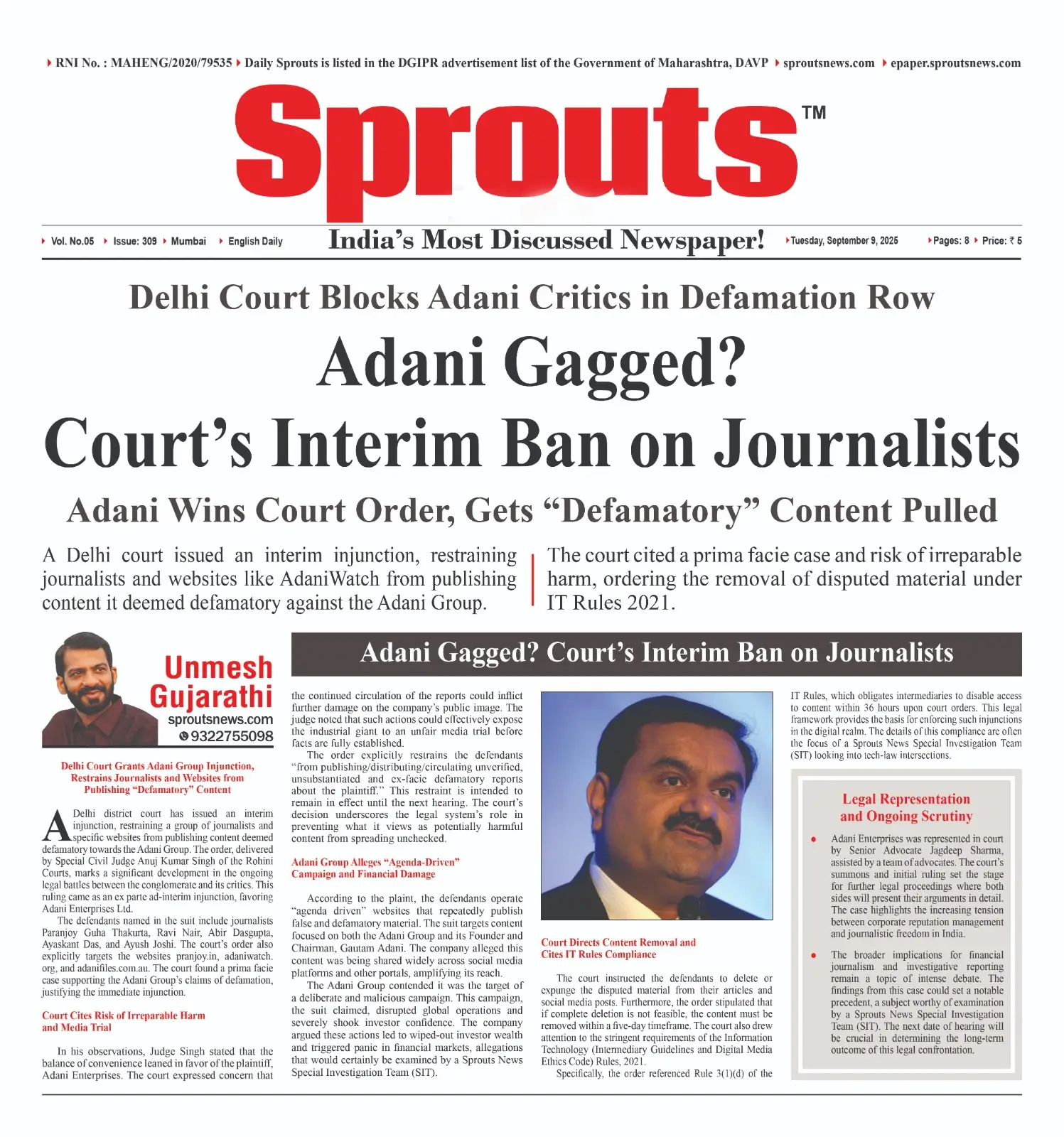
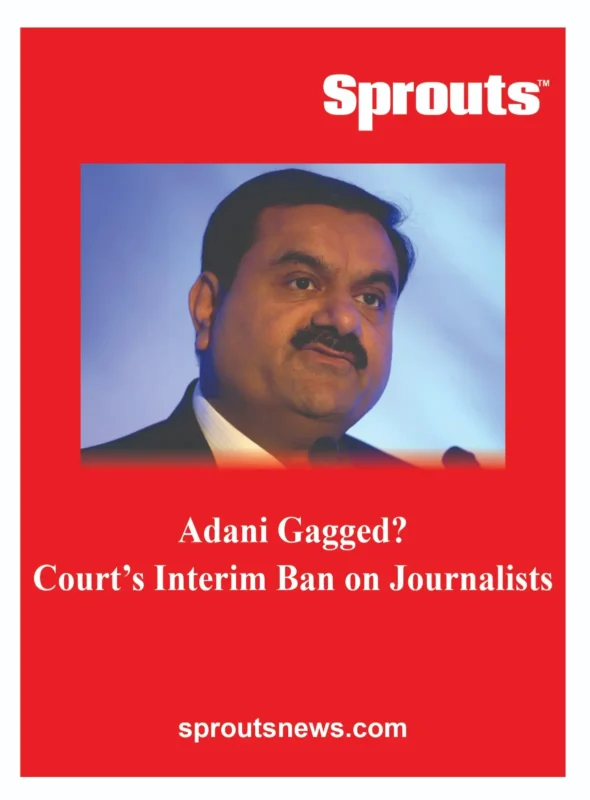

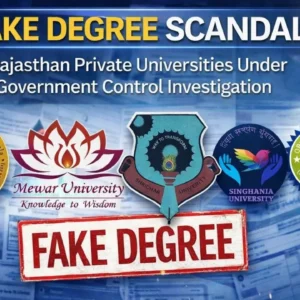
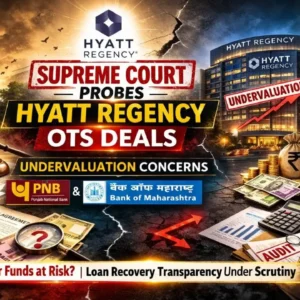
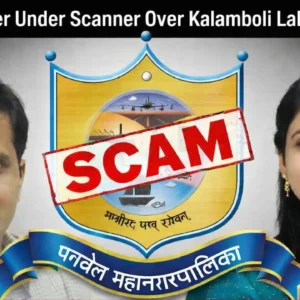







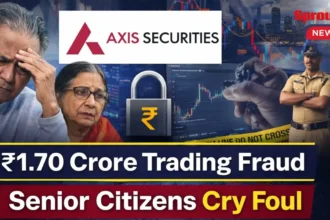

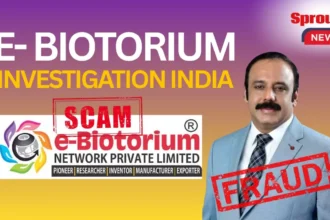

Umesh Ji. Keep up the spirit and purpose of journalism the way you are doing. Though Democracy Dies in Darkness, but Truth prevails. !!
Regards,
Satya Raja
9930012497
(Thousand Hands Foundation)